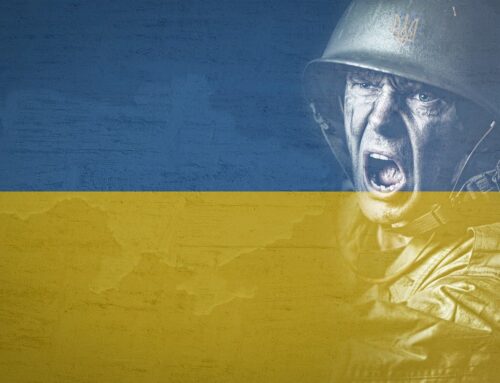With the tragic loss of Malaysian Airlines Flight 370 and the accompanying speculation about the cause and perpetrator of its crash, I started to think about those people who intentionally commit suicide and take others with them.
On a mass scale (one where the words “suicide bomber” no longer surprise us), the relatively recent rise of suicide that includes the intentional death of others, both known and unknown to the suicide perpetrator, has become all too common place. So common place that it takes either a personal impact on one’s self or a massive number of victims to even hold one’s attention for very long in this day.
First I thought that outside of wartime circumstances, such suicides are impossible to comprehend. Then I started to think that such terms as “wartime” are largely defined by each person individually or sanctioned by the State or religious covering under which one lives and to which one is devoted or owes loyalty. I make no claim to knowing any of the tenets of those of the Islamic faith that condone or encourage the taking of one’s own life while taking the lives of others as well, but I understand that with the declaration of a Jihad or religious war, such actions are not only condoned, but ultimately rewarded with eternal blessings upon death. That view of martyrdom, if I have it correct, is in contrast to how I understand martyrdom in other religions.
Martyrdom, at its most basic, in Christian history is not a means to heavenly rewards, rather a conscious choice to elect death over the disavowing of one’s faith and beliefs. The word martyr originally meant witness; the death of a martyr was a witness to the faith, not an earning of reward. Of course in my life time, there were other religion-based suicides that did not include the taking of others’ lives. I remember in my own lifetime the Buddhist monks that chose immolation to protest the war in Viet Nam, and I am sure that throughout history there have been numerous other examples and causes.
Then of course there is the intentional sacrificing of one’s life to save others in wartime or in an emergency. Countless are the rescuers that have given up their lives to save another in dire straits. I think of parents who will jump into a river to save a child from drowning, as only one example. Others that come to mind are firemen and police who have died trying to save others, and the list is endless. In times of war, we often are so shortsighted or jingoistic as to brand the enemy’s sacrifice as “silly”, “pointless”, “barbaric”, or even “criminal”. But at the same time we think of our own servicemen who knowingly sacrificed their lives to save comrades as “heroic”, “brave”, “exemplary”, and “above and beyond the call of duty”. One’s particular point of view is obviously the determining factor in define such an act as either heroism or senseless suicide, but such acts are common in times of war.
But to the point of the suicides that intentionally include others’ deaths, I must admit that I remain most strongly opposed to such actions and to the huge personal cost to the victims and their families. I realize that I am shaped by my upbringing, personal beliefs and values, and my times, but I can see neither argument nor circumstance wherein I could condone suicide at all, let alone that which intentionally takes the lives of innocent people. Thereby destroying not only those folks, but their families and friends as well as depriving us all of the contributions that could have come from the victims.
Sadly, many of us have lived to see the premature and violent deaths of too many comrades, family members, and public figures and are saddened by the cost and the philosophy of the suicide that so devalues not only his own life, but that of his or her intentional victims. When I think of these deaths, I am reminded each time of John Donne’s classic poem No Man is an Island.
No man is an island,
Entire of itself,
Every man is a piece of the continent,
A part of the main.
If a clod be washed away by the sea,
Europe is the less.
As well as if a promontory were.
As well as if a manor of thy friend’s
Or of thine own were:
Any man’s death diminishes me,
Because I am involved in mankind,
And therefore never send to know for whom the bell tolls;
It tolls for thee.
by John Donne
Clearly not a sentiment embraced by those such as the person responsible for the crash of flight 370 or the ones who condone and encourage such acts.








